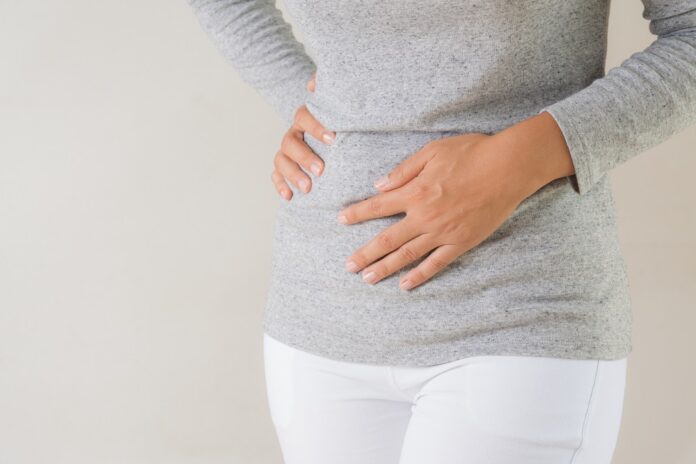Fecal incontinence is a condition whereby an individual experiences the inability to control their bowel movements, causing involuntary leakage of bowel contents. It is a sensitive and embarrassing issue that can lead to social isolation, low self-esteem, and emotional distress. Fortunately, there are numerous strategies and tips that can help manage and even treat fecal incontinence. In this blog post, we will highlight some of the best coping strategies and management tips that can help people living with fecal incontinence live comfortably and confidently.
Routine
One of the most important things you can do to manage fecal incontinence is to establish a regular bowel routine. This means setting aside a specific time each day to empty your bowels and sticking to it. By doing so, you can help regulate your bowel movements, reducing the risk of accidents. Use a stool softener or gentle laxative to help keep things moving smoothly.
Exercise
Regular exercise can help improve bowel function by making the digestive system more efficient. Aerobic exercise, such as walking, jogging, or cycling, stimulates intestinal muscle contractions and promotes bowel movement. Additionally, pelvic-floor exercises, such as Kegels, can help strengthen the muscles that control bowel and bladder function.
Bowel Diary
Keeping a bowel diary can be an effective way to get a sense of your own bowel habits and identify any triggers that may cause incontinence. For a week or two, note down things like when you pass stools, the consistency of your stools, any foods or drinks you consume, and any instances of incontinence. Pay attention to any patterns that emerge and use this information to adjust your bowel routine and identify trigger foods.
Diet
Your diet plays a significant role in fecal incontinence management. It is essential to include adequate fiber in your diet to prevent constipation and promote healthy bowel function. On the other hand, certain foods can worsen fecal incontinence symptoms, such as caffeine, alcohol, spicy foods, and high-fat foods, among others. Keeping a food diary can help you track which foods exacerbate your symptoms so that you can avoid them.
Medications
Various medications can help manage fecal incontinence symptoms, depending on the underlying cause. For instance, antidiarrheal medications can help reduce bowel movements and provide relief from diarrhea, while laxatives can help promote bowel movement and prevent constipation. Your doctor can prescribe the appropriate medication based on your condition and symptoms.
Medical Devices
There are various medical devices, such as rectal plugs and anal inserts, that can help manage fecal incontinence. Rectal plugs are designed to block the anal opening and prevent unwanted leakage of bowel contents. Anal inserts, on the other hand, are designed to provide support for the anal muscles, reducing the likelihood of fecal leakage.
Surgery
Surgery may be an option for individuals living with severe fecal incontinence symptoms that do not respond to other treatment options. Different surgical techniques can be used to treat fecal incontinence, such as sphincteroplasty, sacral nerve stimulation, and colostomy. Your doctor can recommend the appropriate surgical option based on your condition and medical history.
Fecal incontinence can be a debilitating and embarrassing condition that can affect a person’s quality of life. However, by adopting the right strategies and tips, it is possible to manage and even treat this condition. Regular exercise, a healthy diet, medications, medical devices, and surgery are some of the treatment options available for fecal incontinence management. It is essential to discuss your symptoms with your healthcare provider, who can recommend the most appropriate treatment plan for your condition. By implementing these tips and strategies, individuals living with fecal incontinence can experience relief, comfort, and confidence.















